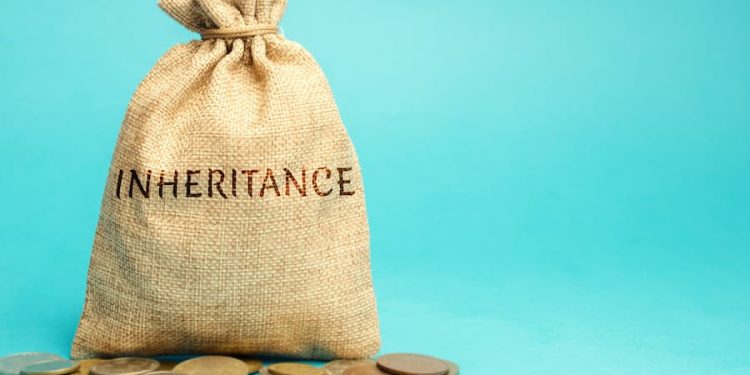Being a man, especially one born into the conscientious poor, living in an economy that seems deliberately structured to frustrate every honest attempt at progress, is a cruel inheritance. It is a script we never auditioned for, yet we perform it daily. This is further aggravated by an overexposure to media about the 1% of the local or global population that sleep and wake in luxury’s lap, while many of us wrestle with rent and dignity.
My friend, Kelechi Odumegwu, one evening in December, critiqued his ancestors regarding his inability to lead a moderately exciting life. He wondered why no one in his entire genealogy, whether by hook or by crook, could deliver the rest of the line from this perpetual state of lack. He also bemoaned the fact that he, having realised how desperate the situation was, was not willing to undertake the burden of rectifying the lack that has plagued him and the others before him.
He wasn’t angry at his father or grandfather specifically. He was mourning the absence of a legacy, lamenting the long line of men who, despite their best efforts, or perhaps the lack thereof, couldn’t make life easier for the ones coming after them. And now, he felt the burden pressing on his own shoulders, with no will left to lift it.
“Why me?! “Why is it always us?”
As much as I laughed at the moment, I understood his pain. Deeply. Many of us are first-born sons expected to become first-generation saviours. We are tasked with solving problems we didn’t create. We are expected to become the fathers our fathers couldn’t be, to write a new story while still bleeding from the last chapter.
If an entire ancestral line struggled to break the shackles of poverty, what chance do I have in today’s Nigeria? Oh, wait! That’s where God comes in. The goal is to fervently pray to him so that my benefits may align with his will. I’m sure none of my ancestors tried that. I hear they were all idol worshippers. lol
It is tempting, then, to default to faith. To hope that with enough prayers and the right posture, God will intervene and make us the exception. If in any case our desire for a better life runs contrary to God’s Will, and things fall apart, the blame rests on us. We failed. We didn’t try hard enough. We didn’t believe enough. And when we are lowered into the ground, we’ll likely be remembered not as men who fought, but simply as men who fell. No one, maybe not even our children, may remember us as men who tried their hardest.
This quiet, soul-crushing inheritance haunts us. It shows up not only in our bank accounts, but in the dust on our shoes, the sweat on our brows, and the tired sighs we let out on our way home. It is triggered in every midweek meeting filled with hollow motivational speeches, convened by people not nearly as rich or as influential as Okonkwo was in Chinua Achebe’s Things Fall Apart. It is triggered by the success of those whose enterprise is evil and immoral, and in the dreams, we have had to postpone. It is triggered in all the moments that constitute our adult life.
But perhaps this is also fatherhood. Not just the act of siring children, but the daily grind of choosing to show up, to carry more than we were handed, to fight not just for survival but for the hope that our sons and daughters will inherit a softer world. It is in the silent sacrifices, the heavy laughs, the broken but determined spirits of men like Kelechi, like our fathers, like ourselves.
While I do not pray for death, I earnestly wish for Rapture. A clean escape. Yet, in the meantime, with all the fatigue and hope still left in me, I choose to keep walking. To keep trying. To keep rewriting this legacy, even if it breaks me. Because maybe, just maybe, that is what being a father means. Irrespective of how it ends, when it all fades to black, all the glory will be to God. Until then, and I say this with every bit of rage and exasperation coursing through my veins, **censored** Tinubu.



really interested in this short piece on inheritance. well done Tobe.